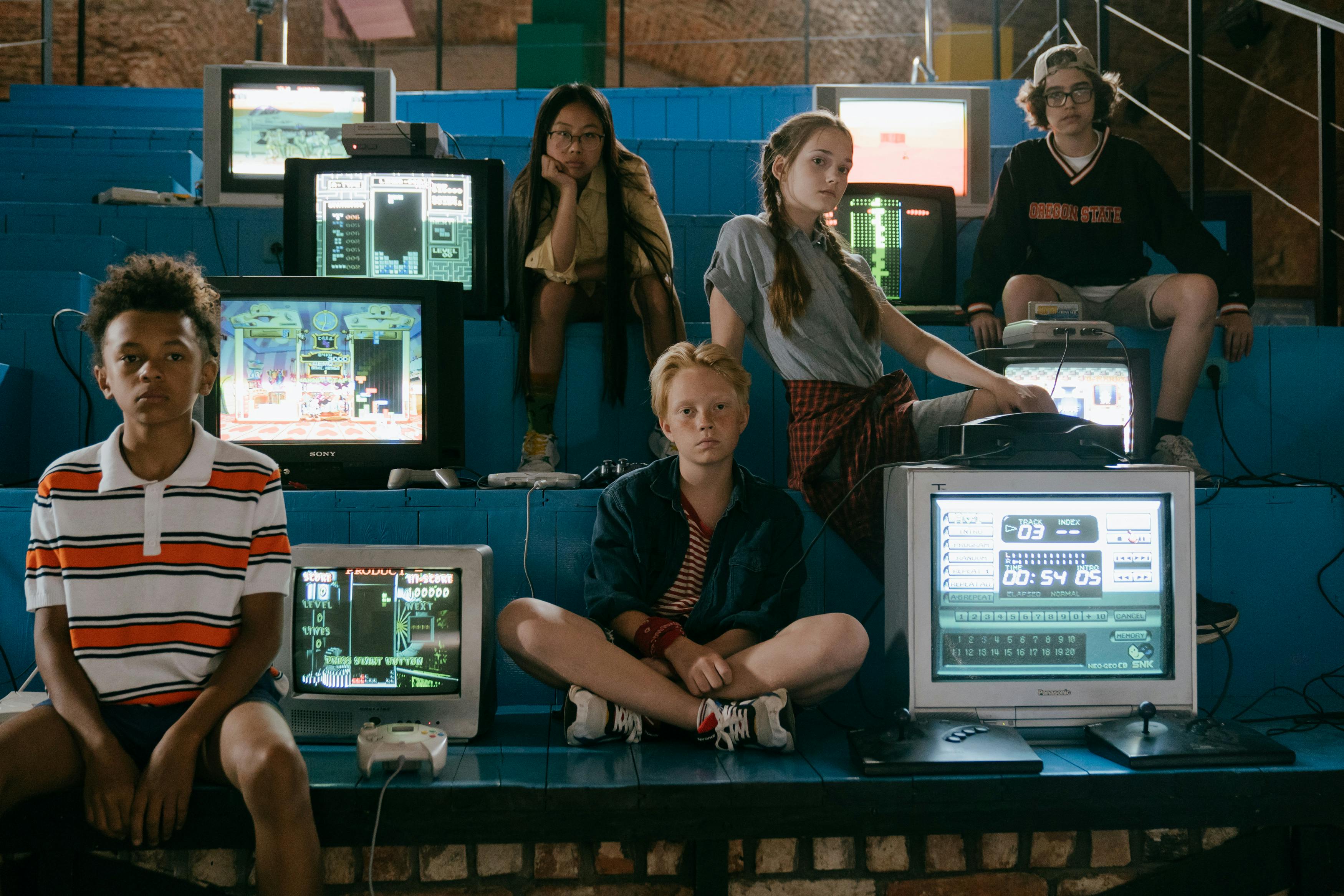From Pixels to Praxis: How Video Games Are Reimagining Education
Video games have evolved from being merely a form of entertainment to a potential platform for education. They have become a compelling force in the global education landscape and are radically transforming the way we learn. The rise of educational video games presents an exciting junction in the convergence of entertainment and education, and this article delves deeper into this fascinating paradigm shift.

The Genesis of Educational Video Games
Educational video games are not a new concept. The 1970s and 80s saw the advent of games like The Oregon Trail and Where in the World is Carmen Sandiego? These games, designed for educational purposes, have paved the way for a new generation of games that are both entertaining and informative. Remarkably, these pioneering games are still fondly remembered today, proving that video games can indeed provide a lasting educational impact.
The Current Landscape of Educational Gaming
In recent years, the educational gaming landscape has seen exponential growth. This is largely due to the advancement in technology and the increasing acceptance of video games in our society. Games like Minecraft and Kerbal Space Program are now being used in classrooms worldwide to teach concepts such as engineering, physics, and problem-solving.
The Impact of Educational Video Games
The impact of video games on education goes beyond simply making learning more engaging. They provide a hands-on, interactive experience that traditional teaching methods often lack. By presenting complex problems in a game format, students are more inclined to engage with the material, leading to better retention of knowledge.
The Reception and Cultural Impact of Educational Gaming
The reception of educational video games has been overwhelmingly positive. Teachers report that students who typically struggle with traditional teaching methods show increased engagement and comprehension when video games are incorporated into the learning process. Additionally, these games have begun to influence our cultural perception of learning, demonstrating that education can be both fun and effective.
Looking Ahead: The Future of Educational Gaming
The future of educational gaming looks promising. As technology continues to evolve, so too will the sophistication and effectiveness of educational video games. The potential applications are vast, from teaching complex scientific concepts to fostering social and emotional learning. In essence, we are at the brink of a new era where video games could revolutionize our approach to education.
In conclusion, the rise of educational video games presents an exciting prospect for the future of learning. By transforming complex concepts into engaging challenges, they hold the potential to redefine our understanding of education. As we continue to explore this innovative fusion of entertainment and education, it’s clear that the potential of video games as learning tools is just beginning to be tapped.




